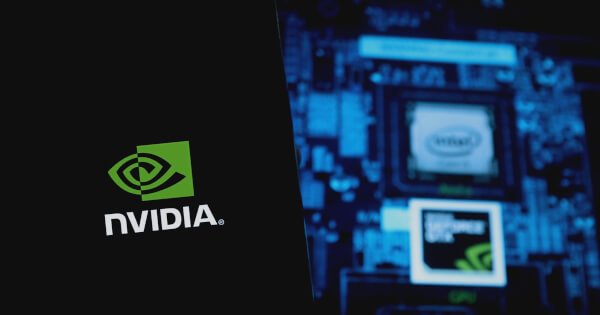Peter Zhang
Dec 18, 2024 09:40
NVIDIA NeMo-Aligner introduces a data-efficient method to data distillation for supervised fine-tuning, enhancing efficiency and effectivity in neural fashions.
NVIDIA’s NeMo-Aligner has unveiled a brand new methodology for enhancing supervised fine-tuning (SFT) by way of data-efficient data distillation. This revolutionary method permits for the switch of information from a bigger instructor mannequin to a extra compact pupil mannequin, attaining comparable accuracy with decreased information necessities, in response to NVIDIA.
Developments in Data Distillation
Data distillation is a way that has been extensively utilized in pretraining eventualities however is much less explored within the context of supervised fine-tuning. NeMo-Aligner goals to bridge this hole by leveraging data distillation throughout SFT to boost mannequin accuracy and effectivity. The strategy achieves greater accuracy than normal SFT by using solely 70% of the coaching steps, as demonstrated of their experiments.
Implementation and Advantages
The NeMo-Aligner makes use of a KD-logit method, the place the scholar mannequin is educated to match the instructor’s output logits. This method, generally known as “darkish data,” offers a extra informative gradient sign by understanding the similarities and dissimilarities throughout courses. The method includes preprocessing the place the instructor mannequin’s predictions are cached, and the scholar mannequin is educated to align with these predictions, leading to reminiscence financial savings and sooner coaching occasions.
The method considerably reduces the necessity for simultaneous loading of each instructor and pupil fashions, thus saving GPU reminiscence. As an alternative, solely the top-Ok logits of the instructor are saved, optimizing reminiscence utilization whereas sustaining detailed data switch.
Empirical Outcomes
Experiments carried out with the Nemotron-4 15B pupil mannequin and a fine-tuned Nemotron-4 340B instructor mannequin reveal that the KD-finetuned fashions outperform the vanilla SFT fashions in a number of benchmarks, together with HumanEval, MBPP, and MATH. Notably, the KD-finetuned mannequin requires fewer coaching tokens whereas attaining superior efficiency throughout six of seven analysis metrics.
The KD method additionally excels within the MMLU benchmark, which assesses a variety of language understanding duties, outperforming the baseline in each zero-shot and five-shot settings.
Conclusion
NVIDIA’s implementation of information distillation in NeMo-Aligner demonstrates that this method not solely enhances mannequin efficiency in data-scarce environments but additionally synergizes successfully with artificial information technology (SDG) strategies. Consequently, it affords a strong software for builders aiming to maximise mannequin effectivity and accuracy by way of supervised fine-tuning.
Picture supply: Shutterstock





















